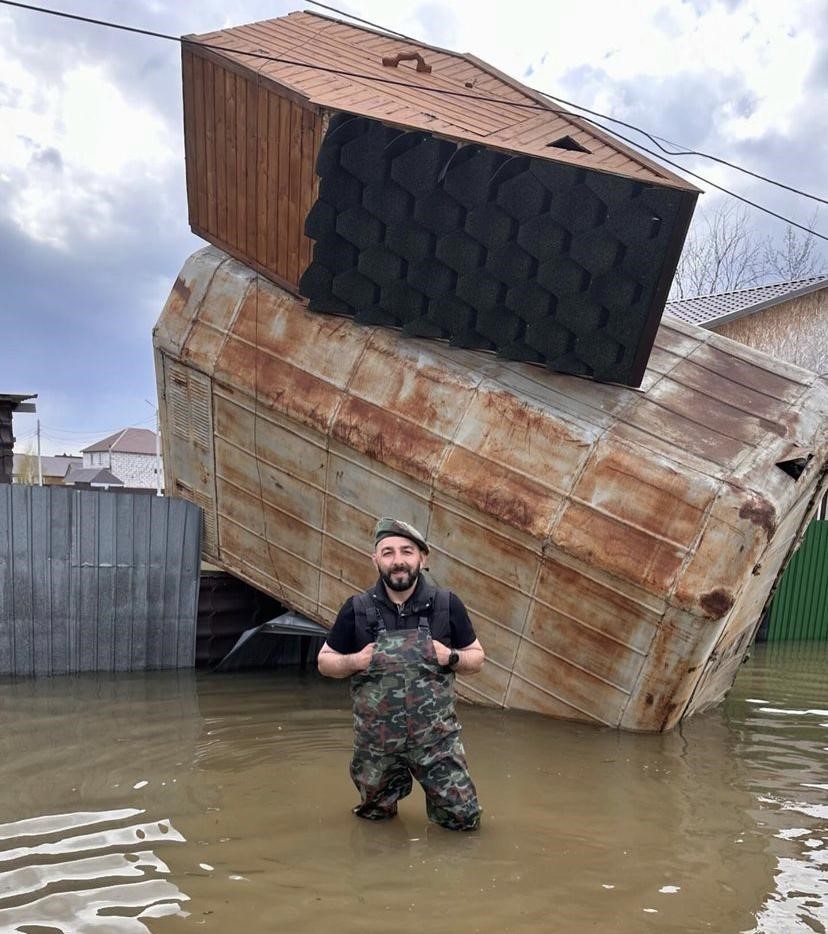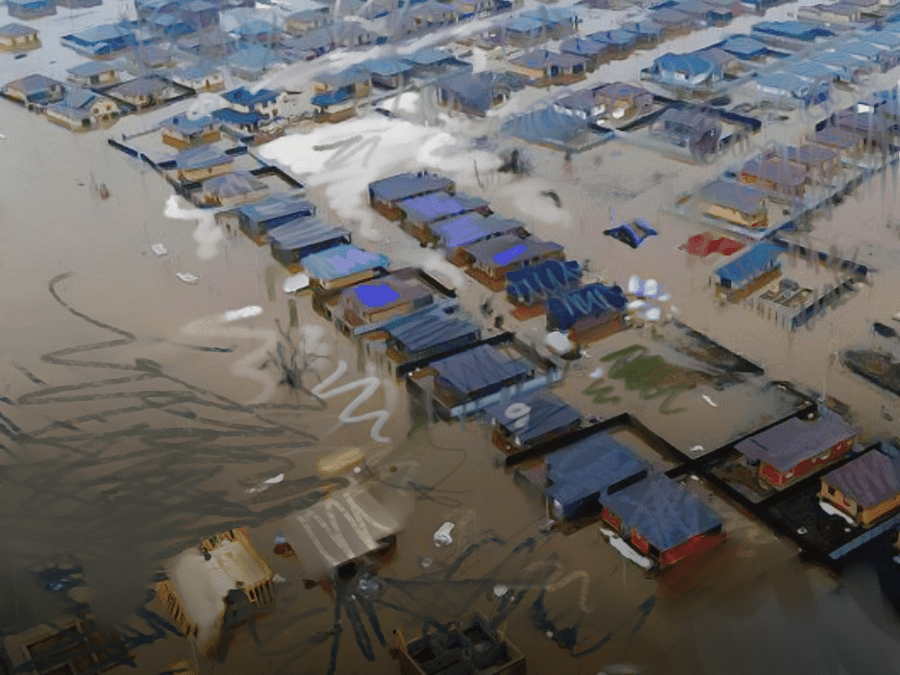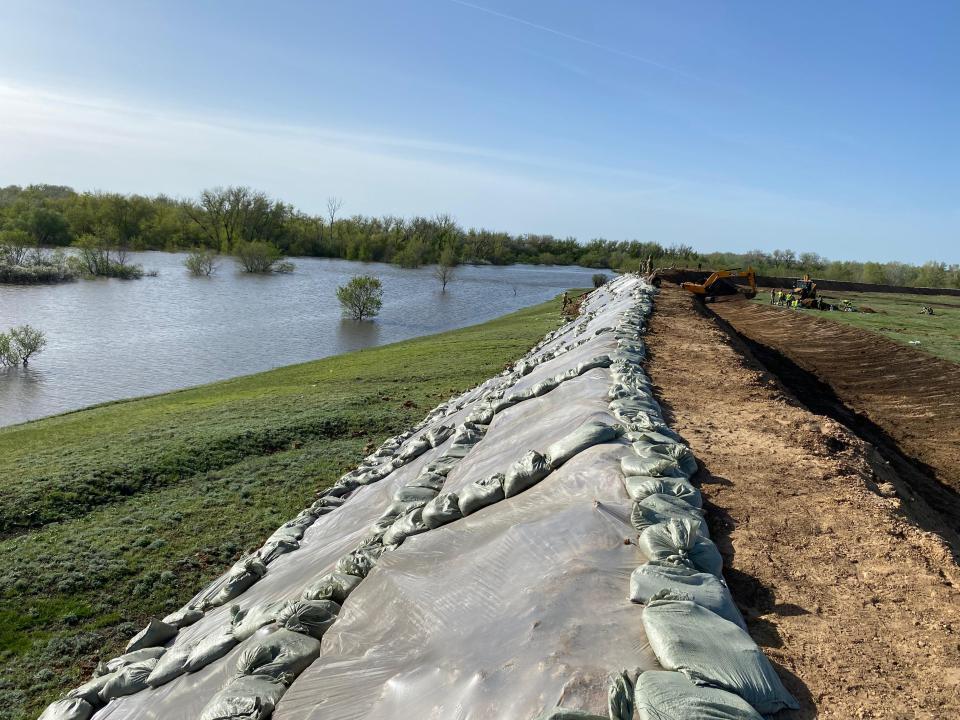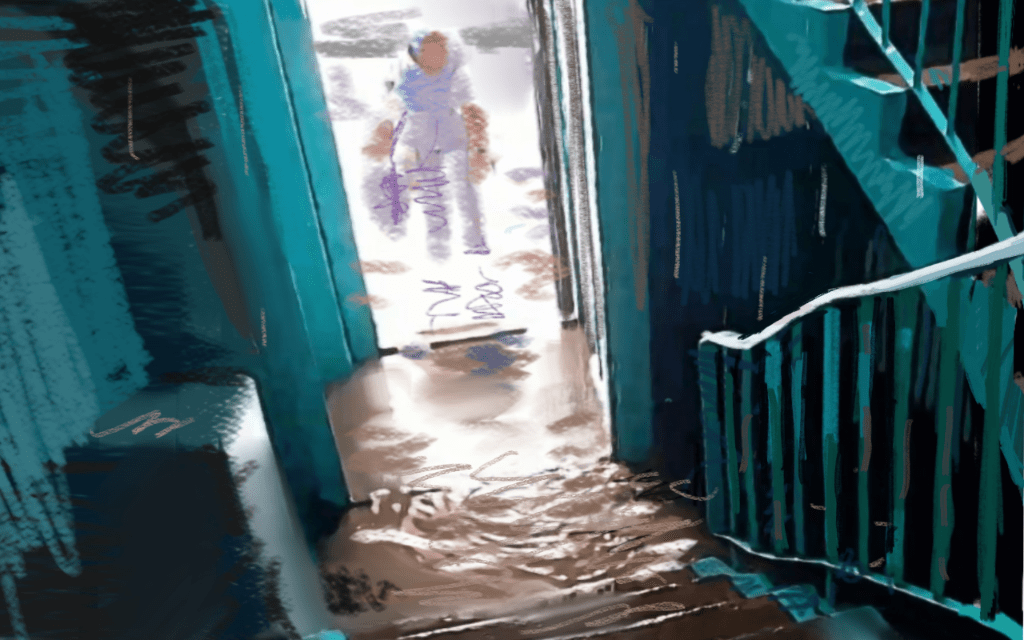This spring Kazakhstan struggled to contain flooding that displaced upwards of 120,000 people — described by president Kassym-Jomart Tokayev as the country’s ‘worst natural disaster in 80 years’. With the flooding now contained, and excess water being repurposed, The Times of Central Asia spoke to Zakirzhan Kharisovich, a deputy of the maslikhat (local representative body) of the city of Petropavlovsk, about his experience of the natural disaster.
TCA: What were the main challenges you faced during the first months of the floods?
ZK: The last time we experienced floods was back in 2017, when my yard was filled with 30-40 centimetres of water. We knew then that if rainfall exceeded the norm, the subsequent rise in the water level in the Sergeevskoye Reservoir, 170 kilometers away, would again pose a threat.
This year, alerted by weather forecasts, to combat the problem I joined residents in building embankments and dams. We were assisted by soldiers from Astana, whom we called the “300 Spartans”, as well as staff from the Emergency Situations Department in Karaganda.
Despite precautionary measures, this time my yard was flooded with three meters of water. I couldn’t access my home for over three weeks, and during that time everything inside — furniture, household appliances, etc. — was submerged.
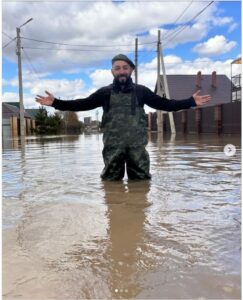
TCA: How was aid organized in the first days after the floods?
ZK: Due to the collapse of the city’s water tower, we had no access to drinking water for almost a month. In addition to providing the aforementioned help, Kazakhstan’s volunteer movement worked full-pelt in shipping in truckloads of humanitarian aid, including household products, mattresses, clothes, food, cereal, rice and flour, as well as pumps and water-pumping generators. The range of their assistance was enormous. Our compatriots in nearby cities, such as Kurgan and Tyumen, were worried about us and were quick to assist. We also received support from other places, including Dagestan, Tajikistan, Ingushetia, and from Russia and further afield.
TCA: How did the akimat, public services and local communities work together, and what support was provided by the central government in addressing issues?
ZK: Under the supervision of the deputy akim, the akimat staff were actively involved in building the dam, as well as coordinating and organizing activities in response to the floods. I packed bags with water-absorbent materials.
Regarding the actions of the central government, Roman Sklyar, the first deputy prime minister, immediately arrived on site to speak to residents and help supervise measures to both clear the damage and resolve other issues caused by the floods.
Following his visit, prime minister Olzhas Bektenov proposed to allocate funds to replace essentials such as furniture, cooking utensils, refrigerators etc. So, in principle, if four million tenge ($9,100) worth of furniture and appliances has been lost, it will be covered by the government.
This does however raise many questions. Whilst we have full confidence in the pledge made by the president to restore our property, doubts surround the lower officials’ full understanding of his intentions.
TCA: What was the emotional state of the local population after the emergency was declared?
ZK: Apart from a tiny faction which panicked and hindered swift action being taken, 99% of the people united to overcome the challenges caused by the floods. This disaster has shown that we are all united.
TCA: What plans are local authorities developing to ensure protection against such events in the future?
ZK: A representative of the akimat recently came to our village to confirm the forthcoming construction of dykes able to withstand water levels reached by the recent floods. Plans are also in place to ban the building of houses on areas prone to flooding, and instead use the land to create public parks and squares.
TCA: What is your general outlook for the future after what happened?
ZK: I feel optimistic. The main priority now is an assessment of the damage and the cost of repairs and reconstruction. If that can be accomplished, we can then move forward. I have nothing but gratitude for the support of the numerous businessmen, deputies and akimat employees, and Kazakhstan’s overall efficient organization in helping us get through this.
